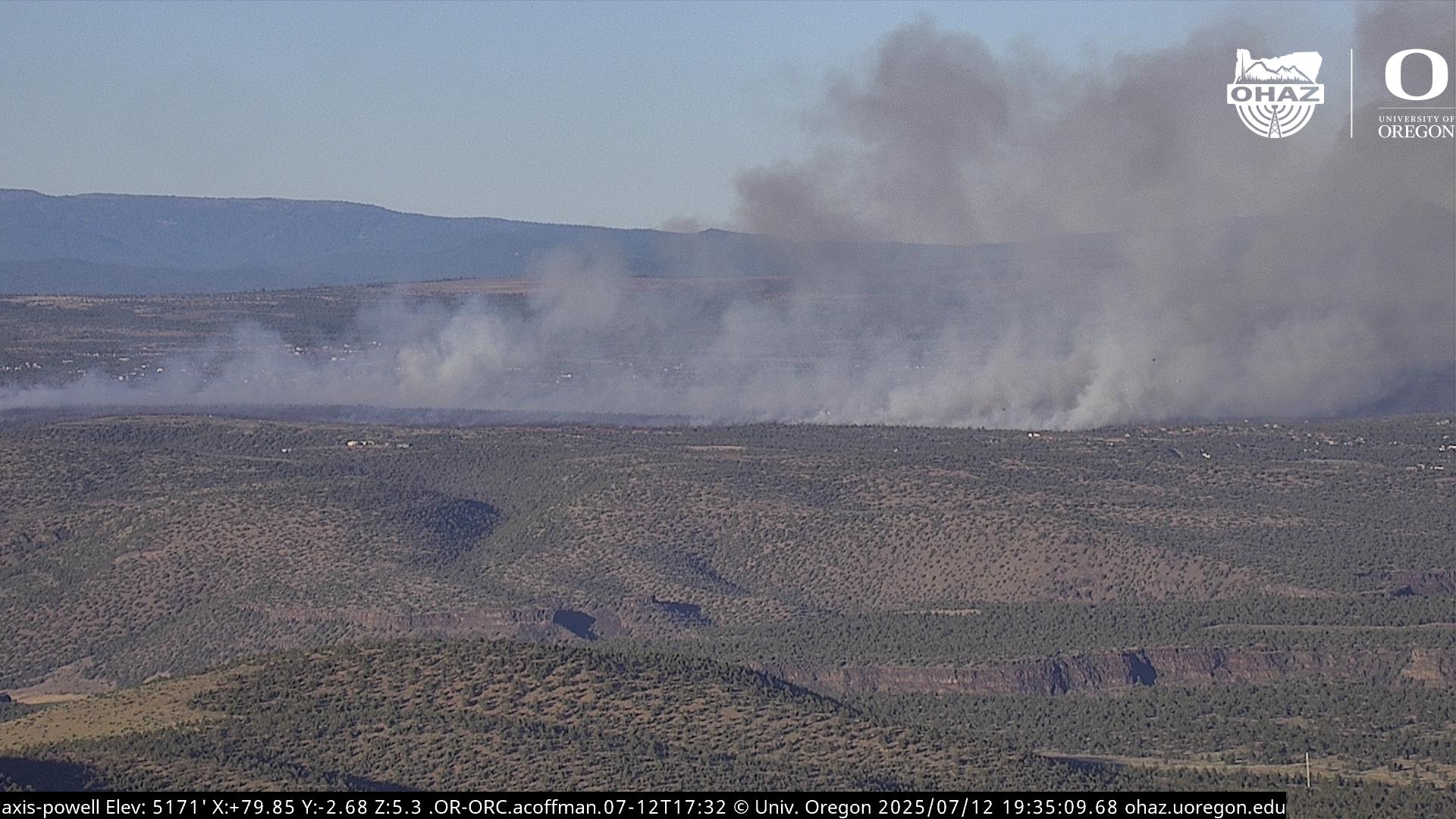Millennials are driven to own a home
Published 12:00 am Saturday, August 4, 2018

- Realtor Jolie Barrios poses for a portrait at the office of Clay Stapp+Co on Tuesday, July 31, 2018. Barrios helps Dallas-area millennials find homes. (Ashley Landis/Dallas Morning News/TNS)
DALLAS — Jake Buzzard is, as millennials say, “living his best life.”
The 32-year-old central Illinois transplant has worked his way up to a well-paying job as a retail manager for a large multinational company in Grand Prairie, Texas.
Trending
He oversees hundreds of workers; he’s in a committed relationship, and, along with a growing number of his generation, has a house: a $500,000 one in a swanky Oak Cliff neighborhood of Dallas, which closed in April.
Millennials are buying homes. Never mind the punditry that the plastic straw-hating snowflakes are stuck in overpriced apartments because they keep opening their wallets for $7 avocado toast.
They made up 34 percent of American home buyers in 2017, more than any other age group, according to the National Association of Realtors.
And though a bevy of economic factors are working against them, millennials are driving developers to make their communities experience- and amenity-rich, inclusive and connected to their cities.
Millennials are on the verge of becoming the country’s biggest generation, and they make up the plurality of the labor force, according to the Pew Research Center.
Born as early as 1981, they’re also a lot older than many expect, with the most senior of the generation in their mid-to-late 30s.
Trending
“At that age, they want the same things their parents did: a house in a safe neighborhood with good schools nearby,” said Randy Guttery, director of real estate programs at University of Texas at Dallas.
Around 70 percent of millennials expect to live in single-family homes by 2020, according to a study from the Urban Land Institute, a real estate and land use think tank.
Buzzard’s home — his first, as it took longer than expected to save the money to buy — was a new build, rare for buyers of his generation.
It was in his price range and close to his and his girlfriend’s jobs, which he said were must-haves for the new digs. And it’s in an area near downtown.
Proximity to culturally rich areas is important for millennial buyers, said Jolie Barrios, a 27-year-old Realtor with Clay Stapp and Co. who worked with Buzzard to find a house.
She said more than half of her transactions since 2017 have been with buyers in their late 20s or early 30s, signaling the dawn of the millennial homeowner.
Her age helps, too.
But even if these buyers want homes at the same rates as their parents, their interactions with the world of real estate don’t look the same.
“They’re pretty particular,” Barrios said. “They want a good price, something that’s eco-friendly and something that’s recently updated. You know, it’s instant gratification. We all work a lot, so we don’t have the time to do a renovation when we buy.”
They want community, connectivity and inclusiveness, said Tony Ruggeri, a millennial and co-CEO of Republic Property Group, a developer in Fort Worth.
“We’re not doing golf courses anymore; we’re doing food and beverage,” Ruggeri said. “And the concept of walls and gates, the instinct to insulate yourself from the outside world, that’s completely inverted.”
Checking these boxes requires research, a natural instinct for people who grew up on the internet and in the shadow of the housing crisis.
It’s the main difference between them and their parents, who generally bought younger and relied on Realtors.
The members of Gen Y are wise to be careful.
Even though almost all millennials want to own a home at some point, only a quarter do right now, far fewer than previous young adults.
They’re saddled with unprecedented student loan debt, fast-appreciating rent payments and other debts, like car loans and lines of credit, all of which make it hard to cobble together money for down payments.
And in a supply-starved, increasingly pricey market like Dallas, Seattle or Portland, it can be hard to beat out better-established buyers who put up the cash necessary to close.
It’s worth noting plenty of young people do in fact live in urban areas, more than previous iterations of their age cohort, and are satisfied renting. It also holds that 20-and-30 somethings have always gravitated to denser locales before fanning out in the suburbs as they age.
The only thing actually unique about millennials demographically is their unprecedented diversity, making their exact needs and wants difficult to pin down.
“When you’re talking about a generation of 70-some million, there’s tons of stereotypes — positive and negative,” said Jake Wagner, the other co-CEO of Republic Property Group. “I think it’s all true to some extent or another.”








